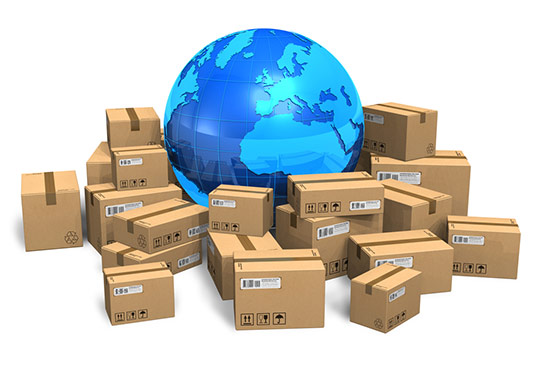If you’ve ever heard the term TLD, it may seem like just one of the myriad of mysterious acronyms that populate tech-speak. You might be surprised to learn that it’s actually something you likely use every day in one way or another. In addition, recent developments could make it even more relevant to your company or business.
TLD stands for top-level domain, which is the extension to the right of the dot in an Internet address. They’re further subdivided into gTLDs, which are generic domains such as .com or .gov. Currently there are only 21 gTLDs in use, but that number is about to explode. The Internet Corporation for Assigned Names and Numbers (iCANN) has begun approving new gTLDs for the first time since 2004.
What makes this expansion potentially game-changing is that these new gTLDs include specific terms that relate directly to businesses, cultures, hobbies and other interests. Some of the domains included in the list are .career, .casino, .book and .fashion. In addition, alphabets such as Cyrillic, Arabic and Chinese will be introduced into the naming system in an effort to increase Internet use around the world.
iCANN began accepting applications for the new gTLDs in January 2013. By September nearly 1,800 of these applications had passed the initial evaluation. Prominent retailers Amazon, Wal-Mart have applied for their own brand names as well as other domains (.grocery for Wal-Mart, .book for Amazon) that pertain to certain aspects of their business. The first approved domains are expected to roll out early this year.
While control of a branded gTLD has an obvious benefit, the hefty $185,000 application fee that goes along with it will probably keep all but major companies from pursuing those domains. The real action will undoubtedly come from purchase of addresses with generic domain names such as the aforementioned .grocery and .book. These will be available through online registries such as GoDaddy that currently provide the service for addresses with .com, .biz and other established gTLDs.
One potential benefit of these domains is using them to make a website more user-friendly by sending customers directly to their area of interest. For example, Amazon could use the address Kindle.book to steer people to their online e-reader store without forcing them to navigate the Amazon.com site.
Another scenario is demonstrated by the plans of BuySeasons Inc. They’re attempting to buy several domains with a .party extension to use with their e-commerce sites. Customers can be led to different areas of the party-planning process via Invitations.party, Photos.party and other descriptive addresses.
Use of the new gTLDs clearly serve a proactive function of helping your customers find you more easily. There’s also a defensive purpose of claiming an address to keep your competitors from taking advantage of it. Other businesses, particularly large retailers, will also find themselves in the position of scooping up addresses that may mislead shoppers or reflect poorly on their service or brand.
Search engine giants Google and Microsoft have been vague on the question of if and how their algorithms will change in response to the new gTLDs. However, experts believe that these domains can’t help but make addresses more relevant to customer queries. This is another aspect that makes control of the domains important. If, for instance, the holder of the .makeup domain allows use only by cosmetics companies, it preserves integrity of these addresses in consumer searches.
There are a couple of ways you can prepare for your own potential use of gTLDs. If you have a trademark, you can register it with iCANN’s Trademark Clearinghouse. This gives you priority during a gTLD’s so-called “sunrise period”. When a domain related to your trademark becomes available, you have a 30- to 60-day time frame in order to purchase or bid on it. You may also pre-register for your desired domains with online registries that are likely to be selling them.
As with any change or innovation in online marketing, the jury will be out on the full benefits of gTLDs until they’ve been in use for a while. But it’s vital that you consider the implications for your business and position yourself to use this development in your company’s best interest.




